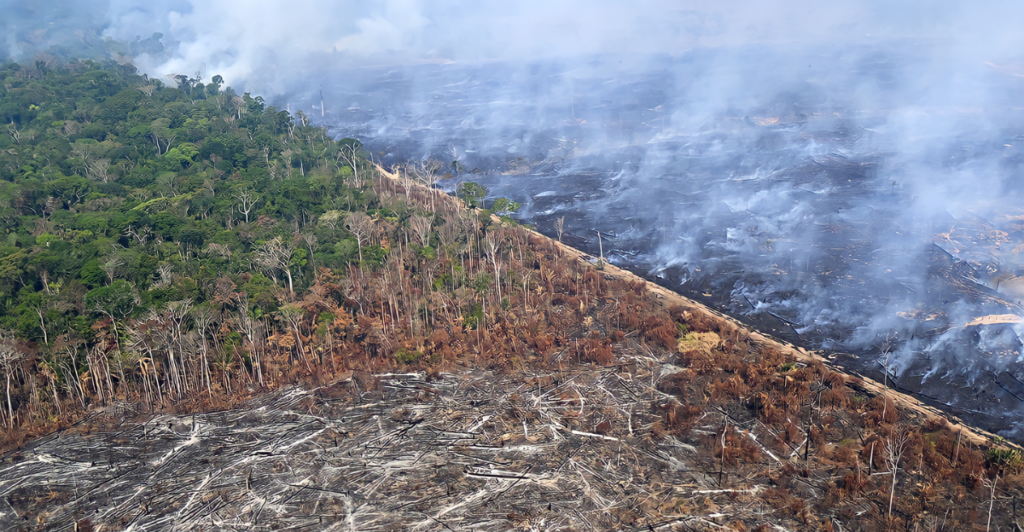
Protect the environment, save the animals, stop humans from wrecking everything. But what if “saving” nature actually comes with some pretty dark consequences? From kicking people off their land to accidentally destroying ecosystems, some conservation efforts do more harm than good. Let’s take a closer look at when “helping the planet” gets… complicated.
“We’re Saving Nature! Pack Your Bags”
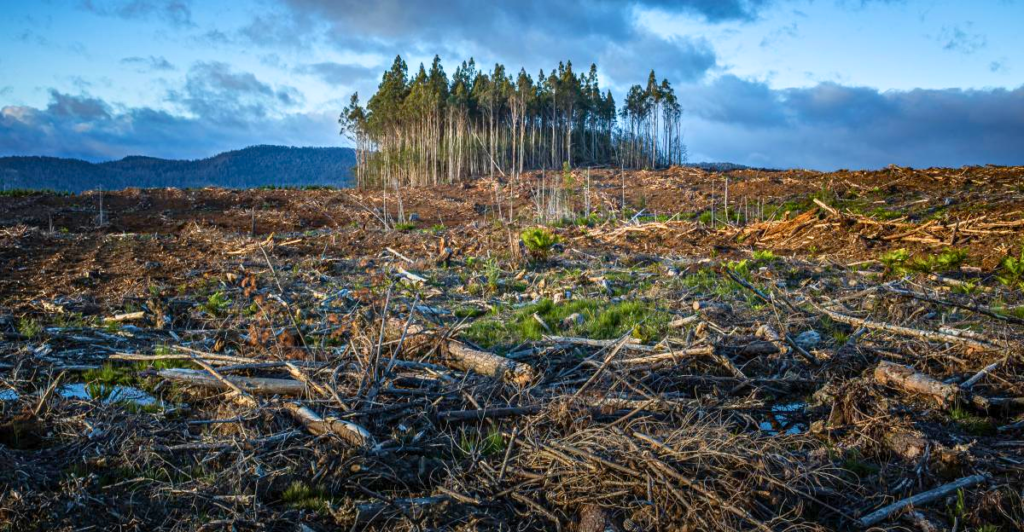
Picture this: You’ve lived on the same land for generations. Suddenly, officials show up and say, “Sorry, this is a wildlife reserve now. Get out.” That’s exactly what happened to the San people in Botswana when conservationists forced them off their own land to make way for national parks. Good for the animals, horrible for the humans.
The ‘Leakage’ Effect—Conservation’s Dirty Little Secret
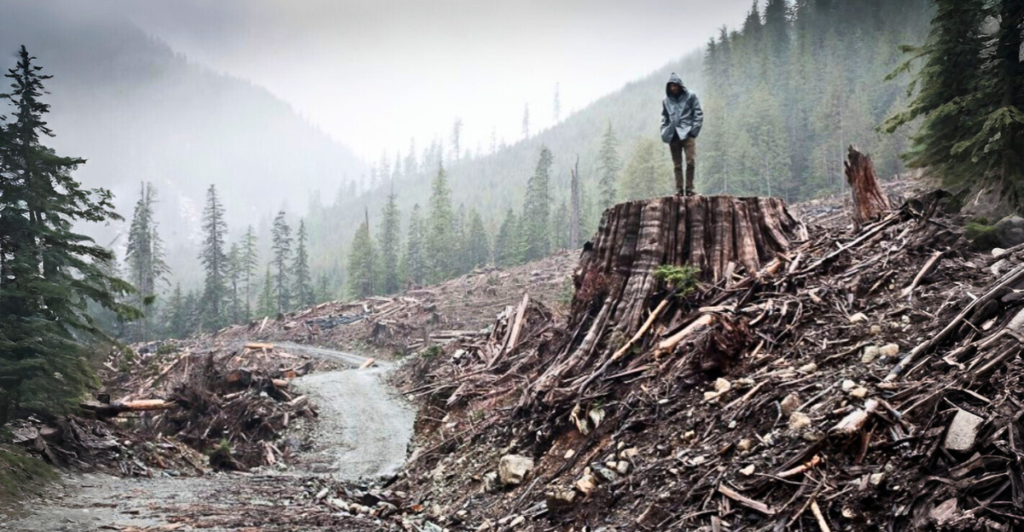
Europe wants to be all eco-friendly, so they crack down on deforestation, however, Industries just pack up and move to less regulated countries, meaning the destruction still happens—just somewhere else. It’s like telling someone to stop littering in their yard, so they just dump it in their neighbor’s. The planet still loses.
When Conservationists Need Bodyguards
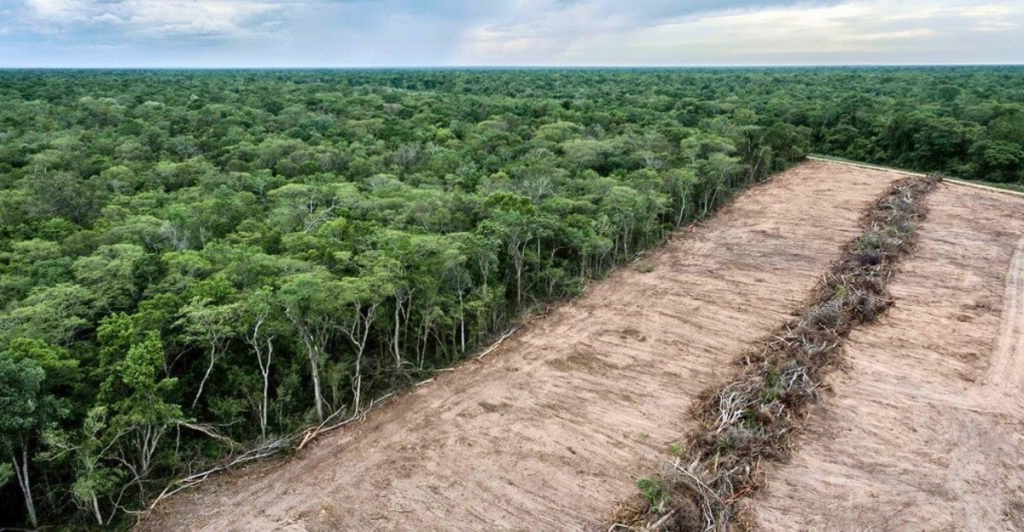
Think saving the planet is all tree-hugging and butterfly watching? Try getting kidnapped by a drug cartel. In Ecuador, scientists working in national parks have been threatened, attacked, and even killed by criminals who don’t want their illegal mining and logging businesses disrupted.
Kangaroos Aren’t Cute When There’s Too Many of Them
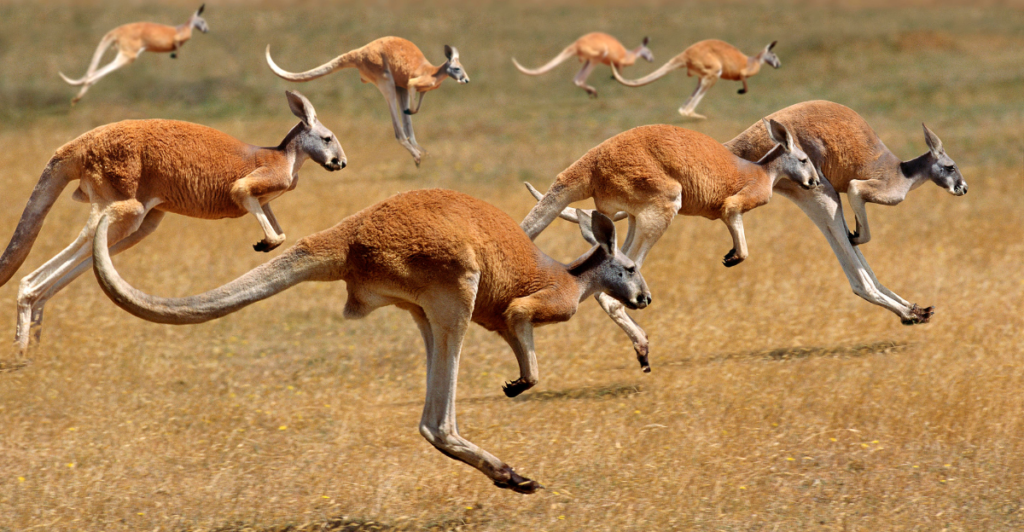
Australia has too many kangaroos. Their solution? Mass culling. Officials call it “population management,” but leaked footage showed kangaroos being shot, left injured, and suffering slow deaths. Conservationists argue that it’s cruel and unnecessary, but the government says there’s no other option.
Ecotourism—Loving Nature to Death
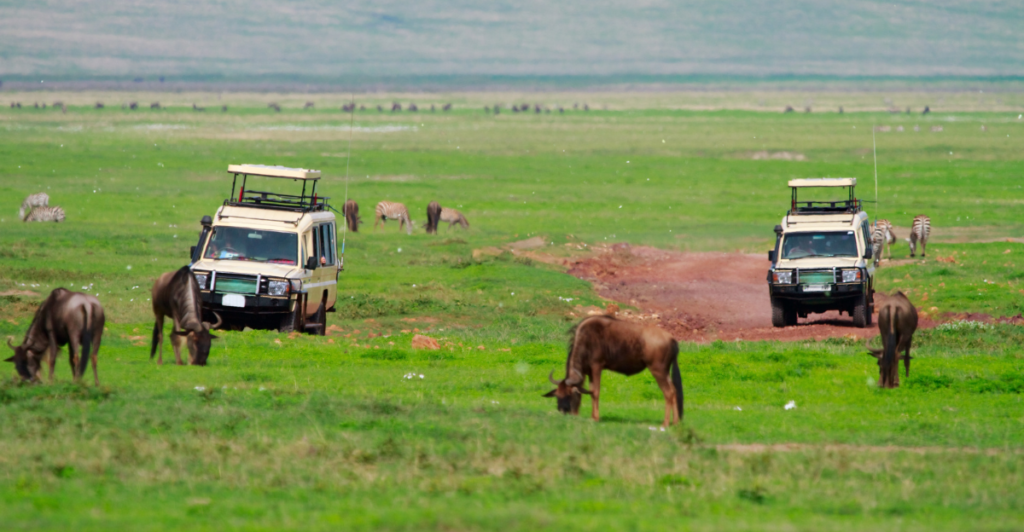
You go on a “green” safari, hoping to support conservation. Except, so does everyone else. Now, thousands of tourists trample delicate habitats, pollute the water, and stress out wildlife. Some animals even change their behavior because of constant human exposure. Conservationists call it “sustainable travel,” but when nature turns into a theme park, something’s not working.
WWF—Protecting Wildlife… or Selling It?
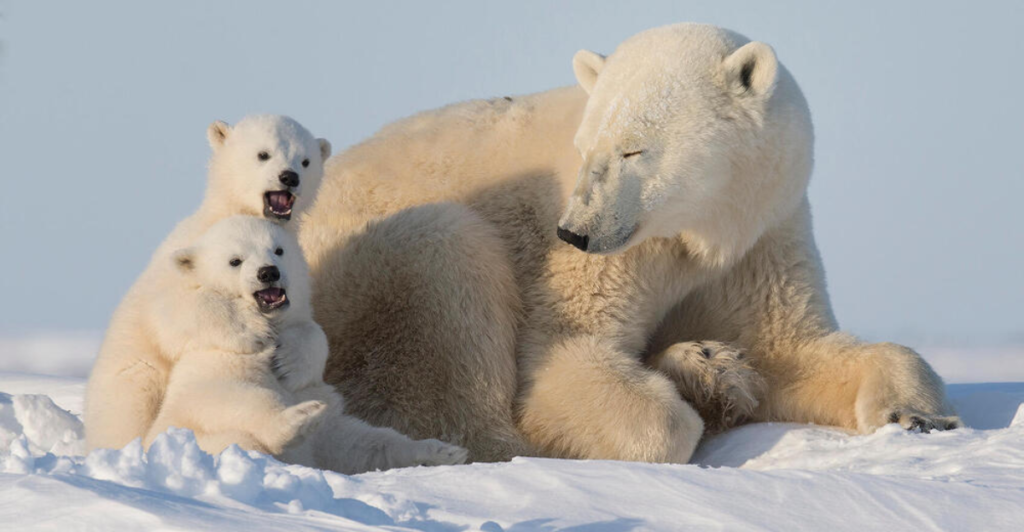
The World Wildlife Fund (WWF) is supposed to save animals. So why did an investigation find that they helped facilitate the polar bear fur trade? The organization claims it’s part of sustainable indigenous hunting, but critics say any legal trade opens the door for illegal poaching. Turns out even the good guys have skeletons in their closet.
When Politics Kills Conservation

Scientists spend years fighting to save a species. Then, a new government takes office and slashes funding overnight. The U.S. has frozen conservation grants under different administrations, putting entire projects in limbo. Saving the planet isn’t just about science, it’s also a political minefield.
Bears Are Back—And Italians Are Terrified
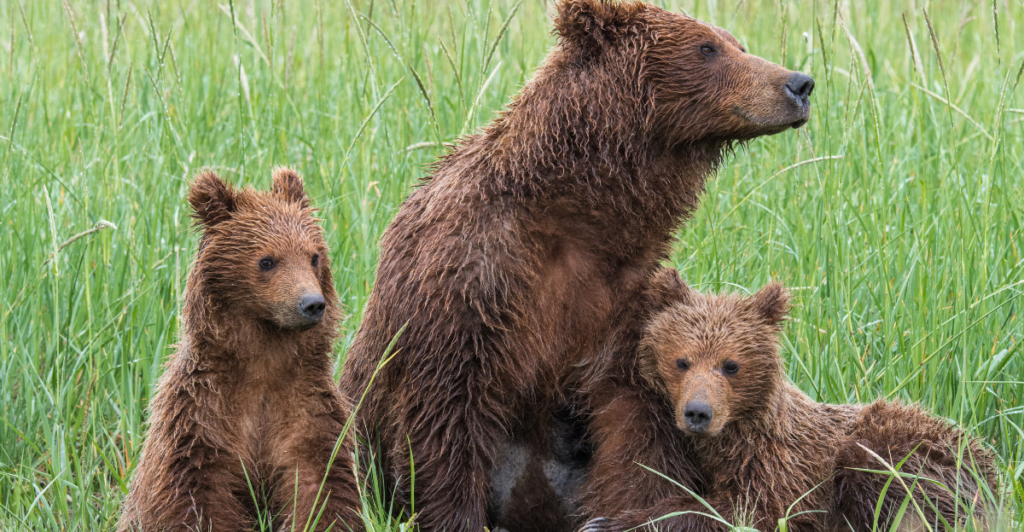
Italy thought reintroducing wild bears would be great for conservation. Fast-forward a few years, and locals are now afraid to go outside. Bears have been wandering into villages, attacking hikers, and raiding food supplies. Conservationists say, “We just need to adapt.” Villagers say, “We’d rather not get mauled, thanks.”
Trophy Hunting—Killing Animals to Save Them?
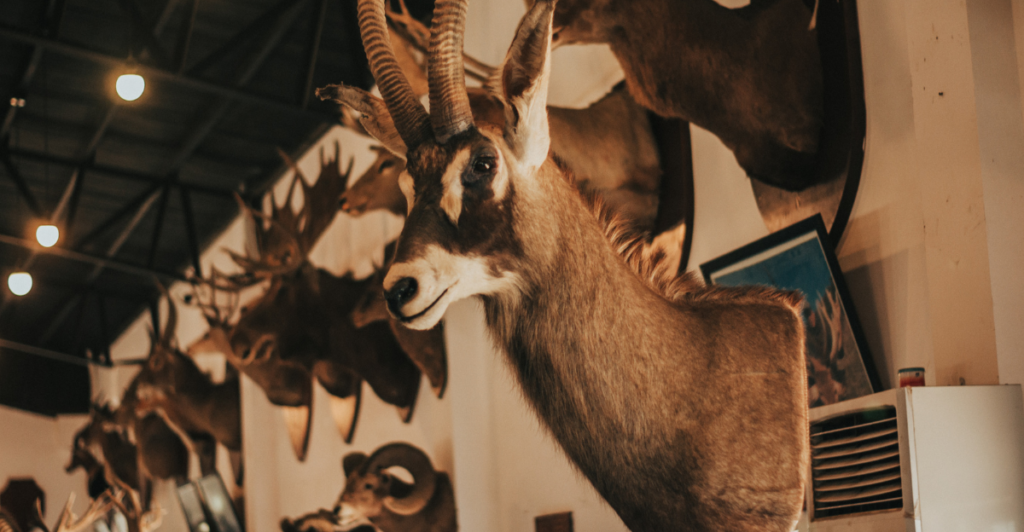
Supporters say trophy hunting funds conservation. Opponents call it a rich person’s excuse to shoot endangered animals. Countries like Namibia allow big-game hunting to raise money for reserves. It’s the ultimate moral dilemma: Save animals by letting people kill them?
We’re Eating the Ocean to Death
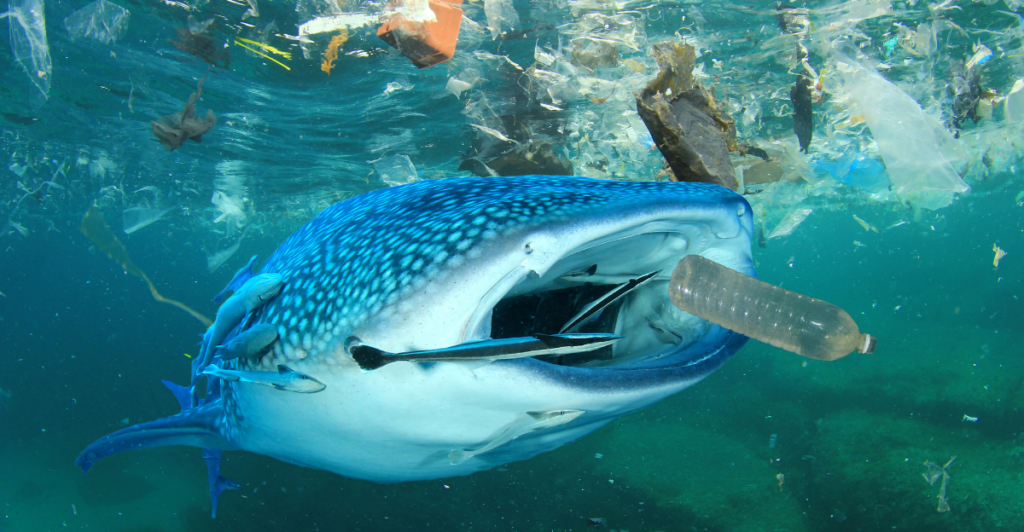
At this rate, fish might go extinct before we stop overfishing. More than 85% of global fisheries are collapsing, yet massive fishing companies keep trawling away. Conservation efforts help a little, but unless regulations actually mean something, we’ll have more plastic than fish in the ocean.
When ‘Fixing’ Nature Breaks It More
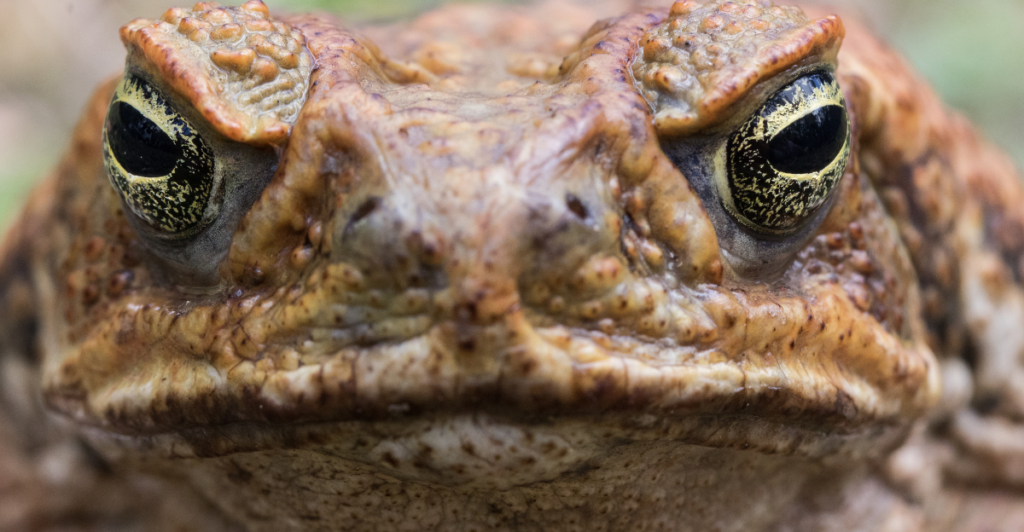
Someone had the brilliant idea to import cane toads to Australia to control pests. The toads ignored the pests and started killing native wildlife instead. Now, Australia has a new invasive species problem. Moral of the story? So maybe we should stop playing DIY with nature?
Can We Actually Get Conservation Right?
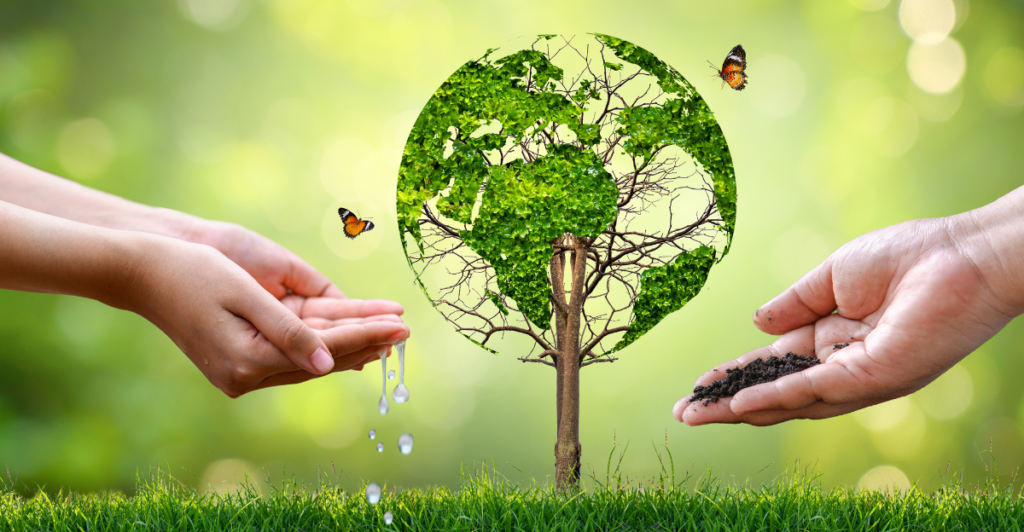
Conservation isn’t all bad. But when it displaces people, helps corporations, or backfires completely, we have to rethink our approach. The challenge? Saving the planet without making things worse. Is that even possible? Guess we’ll find out.







